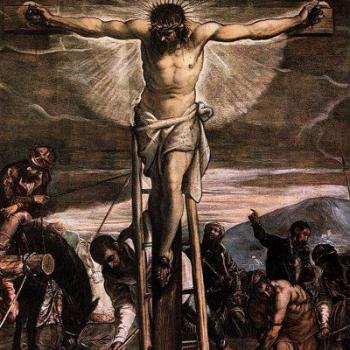Liberal scholars arguing for a late date for the texts of the Old Testament say that the Hebrews couldn’t have been literate until after the Babylonian exile. (Circular reasoning, anyone?) But archaeologists have discovered a trove of letters written on pottery from a remote military installation. They are dated around 600 B.C., shortly before Nebuchadnezzar captured Jerusalem. The 18 letters come from at least six different writers, showing that even ordinary soldiers of the day could read and write.
From Isabel Kershner, New Evidence on When Bible Was Written: Ancient Shopping Lists – The New York Times:
Eliashib, the quartermaster of the remote desert fortress, received his instructions in writing — notes inscribed in ink on pottery asking for provisions to be sent to forces in the ancient kingdom of Judah.
The requests for wine, flour and oil read like mundane, if ancient, shopping lists. But a new analysis of the handwriting suggests that literacy may have been far more widespread than previously known in the Holy Land around 600 B.C., toward the end of the First Temple period. The findings, according to the researchers from Tel Aviv University, could have some bearing on a century-old debate about when the main body of biblical texts was composed.
“To Eliashib: And now, give the Kittiyim 3 baths of wine, and write the name of the day,” read one of the texts, composed in ancient Hebrew using the Aramaic alphabet, and apparently referring to a Greek mercenary unit in the area.
Another said: “And a full homer of wine, bring tomorrow; don’t be late. And if there is vinegar, give it to them.”
The new study, published on Monday in the Proceedings of the National Academy of Sciences, combined archaeology, Jewish history and applied mathematics, and involved computerized image processing and the development of an algorithm to distinguish between the various authors issuing the commands.
Based on a statistical analysis of the results, and taking into account the content of the texts that were chosen for the sample, the researchers concluded that at least six different hands had written the 18 missives at around the same time. Even soldiers in the lower ranks of the Judahite army, it appears, could read and write.
[Keep reading. . .]















